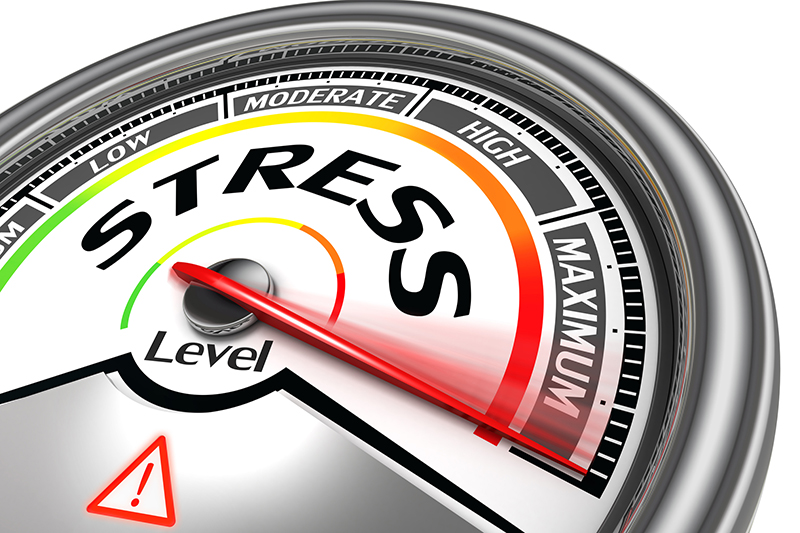Election stress? It's a real thing

Tired of Trump talk and Clinton critiquing? If you are feeling election anxiety you are not alone. With only a few days left until voters head to the polls to pick the next president, Americans are stressed.
According to the American Psychological Association (APA), 52 percent of American adults say the election is a significant source of stress. And despite what you may think, high stress and anxiety levels are true for many Americans, regardless of their political ideology.
“Stress during the election season is common due to the uncertainty of how we will be affected in our day-to-day lives and whether we feel threatened by the possibilities,” says Serina A. Neumann, PhD, Professor of EVMS Psychiatry and Behavioral Sciences. “Election-related stress can be higher when the candidates are using more negative and threatening types of communication, as has been experienced during this current election season.”
And according to the APA, the 24-hour news cycle and campaign coverage online and in your social media feeds is likely only contributing to that rise in stress.
Since shutting out — and shutting off — all coverage isn't possible, what can you do?
Dr. Neumann suggests finding ways to distract yourself and to refocus your attention. Try keeping conversations about the candidates to a minimum, she says, and steering your friends and family to more enjoyable topics. You can also try engaging in healthy, more pleasurable activities such as listening to your favorite music, exercising and taking up a new hobby.
When all else fails, she says, remind yourself that change doesn’t happen overnight.
“One thing to keep in mind is that the changes that may occur during the next presidential term, no matter which candidate is elected, usually take some time to process and implement,” Dr. Neumann says.
- Some other tips from the APA to help reduce your stress include:
- Take some time for yourself, go for a walk, or spend time with friends and family doing things that you enjoy.
- Avoid getting into discussions about the election if you think they have the potential to escalate to conflict.
- Channel your concerns to make a positive difference on issues you care about. Consider volunteering in your community, advocating for an issue you support or joining a local group.
- Remember that in addition to the presidential election, there are state and local elections taking place in many parts of the country, providing more opportunities for civic involvement.
- Avoid catastrophizing, and maintain a balanced perspective.
- Vote.